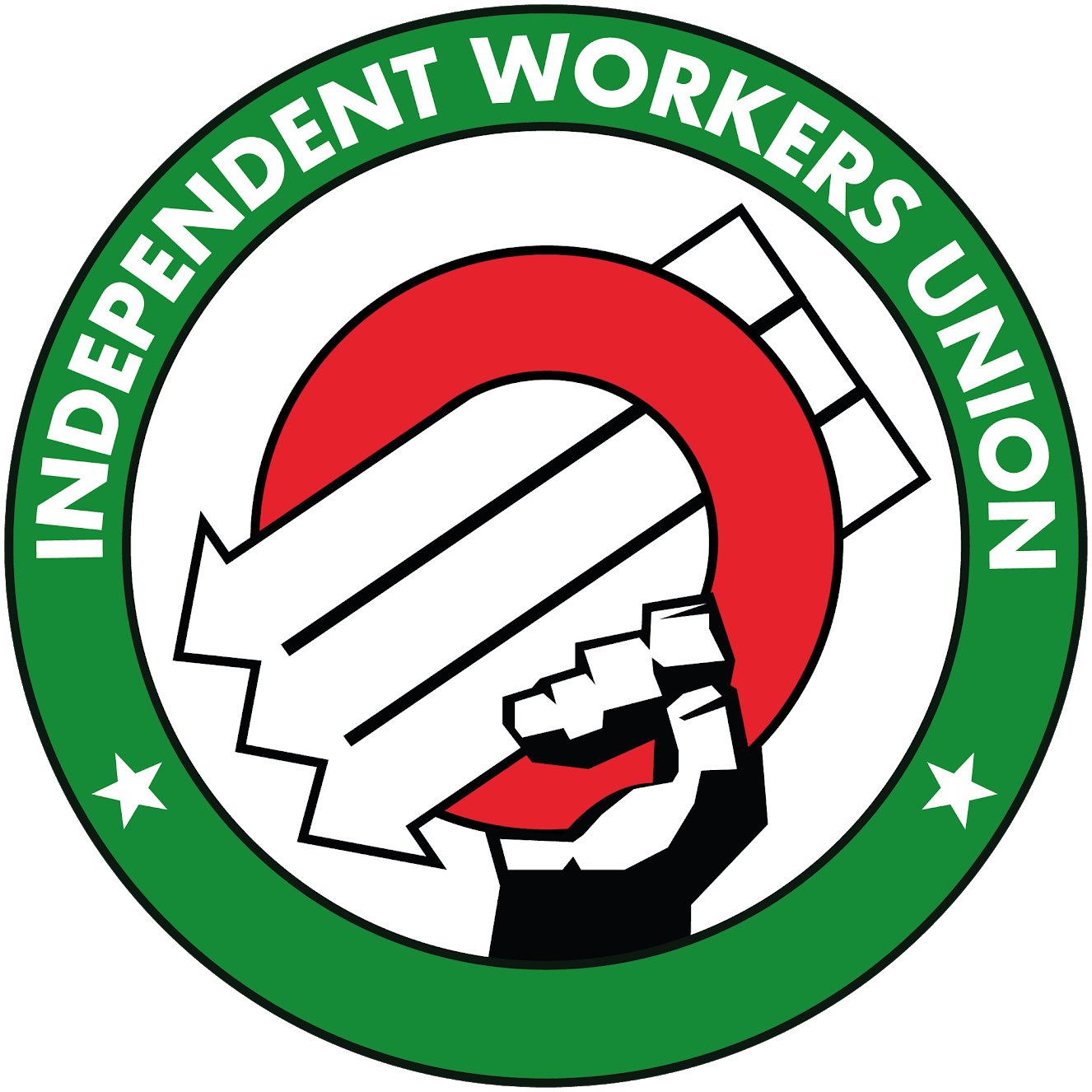REVEALED: Many Deliveroo riders paid less than minimum wage - Questions raised ahead of IPO
Henry Chango-Lopez, General Secretary (IWGB) says: “Deliveroo is giving Britain a bad name. Now more than ever, potential investors should be clear on the serious financial and reputational risks associated with Deliveroo. If these figures are representative and Deliveroo is denying a third of its workforce even minimum wage. If the government continues to hail it as a ‘British tech success’, that sets a dangerous precedent it sets for the future of work in Britain
It’s deplorable that Deliveroo has continued even through a pandemic to exploit key workers for as little as £2 per hour. This is why it has become the world’s most protested platform and faces a rising tide of litigation and industrial action in almost every country where it operates. In the UK there were 16 strikes self-organised by Deliveroo riders September 2019 alone. Riders last took strike action in Sheffield on 25 November and anyone investing in its exploitative business model should expect more public pressure and worker-led action until their rights are respected.”
********
REVEALED: MANY DELIVEROO RIDERS PAID LESS THAN MINIMUM WAGE - QUESTIONS RAISED AHEAD OF IPO
- As firm prepares for multi-billion pound flotation, investigation reveals evidence of low pay that reinforces argument for statutory protection for gig economy workers
- Deliveroo riders earn as little as £2 an hour, as boss stands to make £500m
- Deliveroo says riders average over £10/hour, but first-of-its-kind analysis of thousands of invoices found more than half of the riders sampled were paid less.
As Deliveroo prepares for a multibillion-pound stock market flotation that could net its chief executive as much as £500m, an investigation by the Bureau of Investigative Journalism has found that a third of the riders whose data it collected were receiving less than the minimum wage.
Deliveroo has said riders are paid more than £10 an hour on average, but a first-of-its-kind analysis of thousands of invoices showed more than half of the couriers were paid less than that, and one in three made less than £8.72, the national minimum wage for those over 25. Some earned even less: a cyclist in Yorkshire worked 180 hours and was paid the equivalent of £2 per hour.
“These findings raise concerns,” said Tom Powdrill, head of stewardship at PIRC. “Investors considering taking a position in Deliveroo should familiarise themselves with these matters and the risks and responsibilities involved along with all other relevant factors. Challenges to the current employment model are financially material.”
Across the globe, Deliveroo has more than 100,000 riders in 12 countries. Many are fighting parallel battles for employment rights and recognition as workers - battles which have been successful or are fast gaining ground in countries across Europe.
Labour law expert Alan Bogg said the evidence gathered by the Bureau, combined with the recent Supreme Court ruling against Uber, meant the same could likely happen soon in the UK. “Given the evidence the Bureau has identified about the low levels of pay for Deliveroo riders, in circumstances where they have no control over the contractual documentation, I have little doubt now that they would be treated as workers,” he said.
In its registration documents, Deliveroo said that it would be “adversely affected” if riders were no longer classed as self-employed. “This could require us to incur significant additional expenses for paying riders or potentially result in us even exiting that market,” it said.
A Deliveroo spokesperson said: “Deliveroo riders have the complete freedom to choose when and where to work and can choose which deliveries to accept and which to reject. 50,000 riders choose to work with Deliveroo, and thousands more people apply to work with us every week. Our way of working is designed around what riders tell us matters to them most - flexibility. Riders in the UK are paid for each delivery they choose to complete and earn £13 per hour on average at our busiest times."

© Sindicato de Trabajadores Independientes de Gran Bretaña 2024
Diseñado y construido en la IWGB con amor, cuidado y café. Hasta la victoria siempre.


